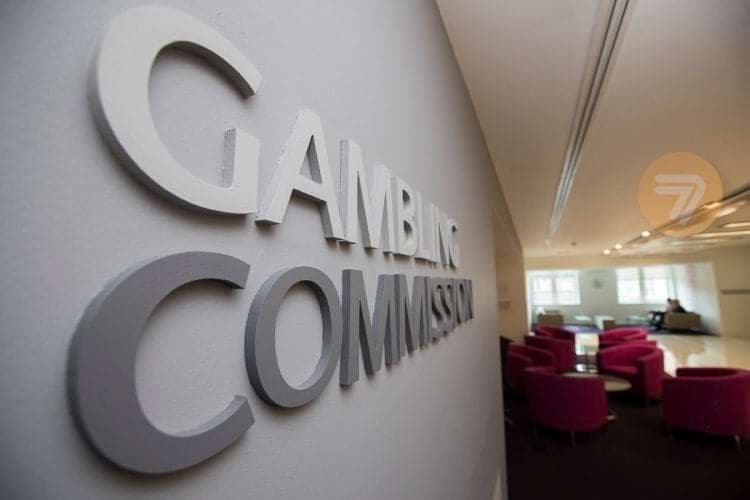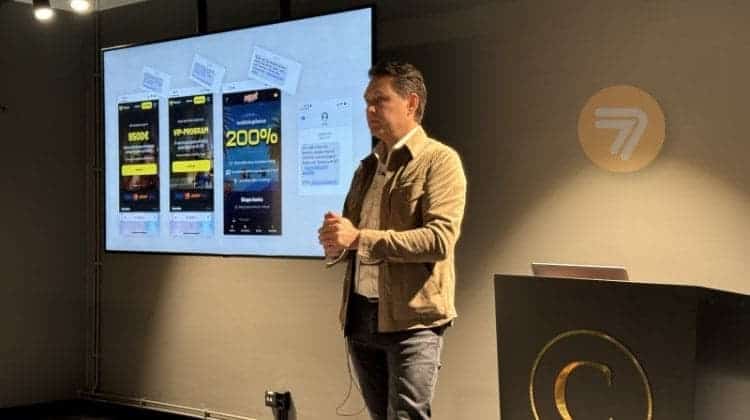UK Upgrades Risk Gambling Data Collection. Where is India?
13 Aug 2024
Global responsible gambling (RG) knowledge is rapidly expanding with the help of science. Government and industry partnerships with academia around the world, like the three-year study on loot boxes by two British universities and the Economic and Social Research Council (ESRC) or the LeoVegas-Karolinska Institutet initiative, are producing valuable insights into gambling behavior, the workings of addictions and other associated risks, and the possible ways to detect, prevent, and treat gambling problems.
Responsible online casino & sportsbook operators like Kindred Group have started sharing internal statistics on risk gambling and intervention success rates. The company has been expanding its user base; nevertheless, the income share from risk gamblers has been shrinking.
All this knowledge is used to develop better methods for improving the behavior of vulnerable players. Most importantly, the aim is to find such individuals and offer them protection. This is impossible on an unregulated or black market. India has also initiated a government-academia partnership. This partnership aims to gain insights on how to protect the growing number of Indian internet and online gaming consumers.
The Department of Consumer Affairs (DoCA) and the National Institute of Mental Health and Neuro Sciences in Bengaluru (NIMHANS) announced their cooperation at the beginning of this year.
They aim to establish a knowledge base for forming an adequate consumer protection and RG policy.
The UK Gambling Commission Boasts New Survey Methodology
The British Gambling Commission (UKGC) is one of the world’s frontrunners in the science of responsible gambling. Recently, it published its first annual report based on the new Gambling Survey for Great Britain. This survey is set to become one of the largest in the world. It aims to establish a new baseline for understanding gambling behavior in Britain.
The UKGC commissioned the survey, which was produced by the National Centre for Social Research and the University of Glasgow. It uses a brand-new methodology designed to ensure greater insight into attitudes and gambling behaviors.
The survey presents a fuller picture of participation rates, types of gambling activities, experiences, reasons for gambling, and the consequences that gambling can have on individuals and those close to them. The new methodology makes it impractical, or even impossible, to compare findings from previous years with the present data.
However, the report will serve as a new baseline for evaluating future changes. For the first year, 9804 participants were questioned, but the survey base will expand to 20,000 individuals per year.
“One of our aims as a regulator is to ensure we gather the best possible evidence on gambling. And today’s publication is the next significant step forward in our journey on creating a robust source of evidence for gambling in Great Britain,” Tom Miller, research and Policy Executive Director, stated.
“The new design of the Gambling Survey for Great Britain will significantly enhance the evidence base on patterns and trends in gambling behaviour. With an annual sample size of 20,000 individual interviews across the nations and regions of Great Britain, the survey will provide researchers and policy makers with fine-grained and timely data across a broad range of key indicators.” Professor Patrick Sturgis from the London School of Economics said.
What Picture Did the First Annual Gambling Survey Paint
Of the 9,804 adult individuals sampled by the UKGC Annual Survey for Year I – 2023, 48% participated in a form of gambling in the last four weeks. If lottery draws were excluded, gambling participation dropped to 27%. Male participation was more likely, at 52%, compared to female participation, which was 44%.
When asked about their most recent gambling experience, 41% of adults who had gambled in the last year rated it positively. In contrast, 21% felt negatively, while 37% remained neutral.
The top reasons for gambling included the potential to win big (86%), enjoyment of the activity (70%), the desire to make money (58%), and the excitement it brought (55%). Men and younger adults aged 18 to 34 were more likely to have higher Problem Gambling Severity Index (PGSI) scores.
The likelihood of having a PGSI score of 8 or more was over nine times higher for those who bet on non-sports events in person. More than six times higher for Slots players compared to all gamblers over the past year.
Gaming Addictions Mentioned in Indian Parliament

During the Parliament’s Zero Hour on Friday, August 9, 2024, lawmakers illustrated the type of data on problem gambling available to Indian policymakers for comparison.
Lok Sabha MP from Kalyan, Maharashtra, Dr. Shrikant Eknath Shinde, drew the House’s attention to the increasing proliferation of online games and apps, including real-money games.
He highlighted that this situation has led to addictions among many young Indians.
Shinde reported that approximately 3.5% of the country’s population is suffering from gaming disorders. It notes that some families have even encountered financial difficulties as a result.
“There is an issue of online gaming addiction in India, especially in case of games like Junglee Rummy. It is important to analyse these trends. Because not only does it impact the youth, but also leaving a deep imprint at different levels of the society,” the Kalyan MP said.
India needs to increase awareness about the risks associated with online gaming and adopt robust legislation around it, Dr. Shrikant Shinde urged.
Researchers at NIMHANS have a lot of work ahead to provide a detailed and nuanced understanding of the problem. This is similar to the approach taken by the UKGC. This effort is crucial so that Indian governmental and nongovernmental organizations can exert a positive impact and continuously improve their knowledge and intervention methods regarding gaming disorders.



